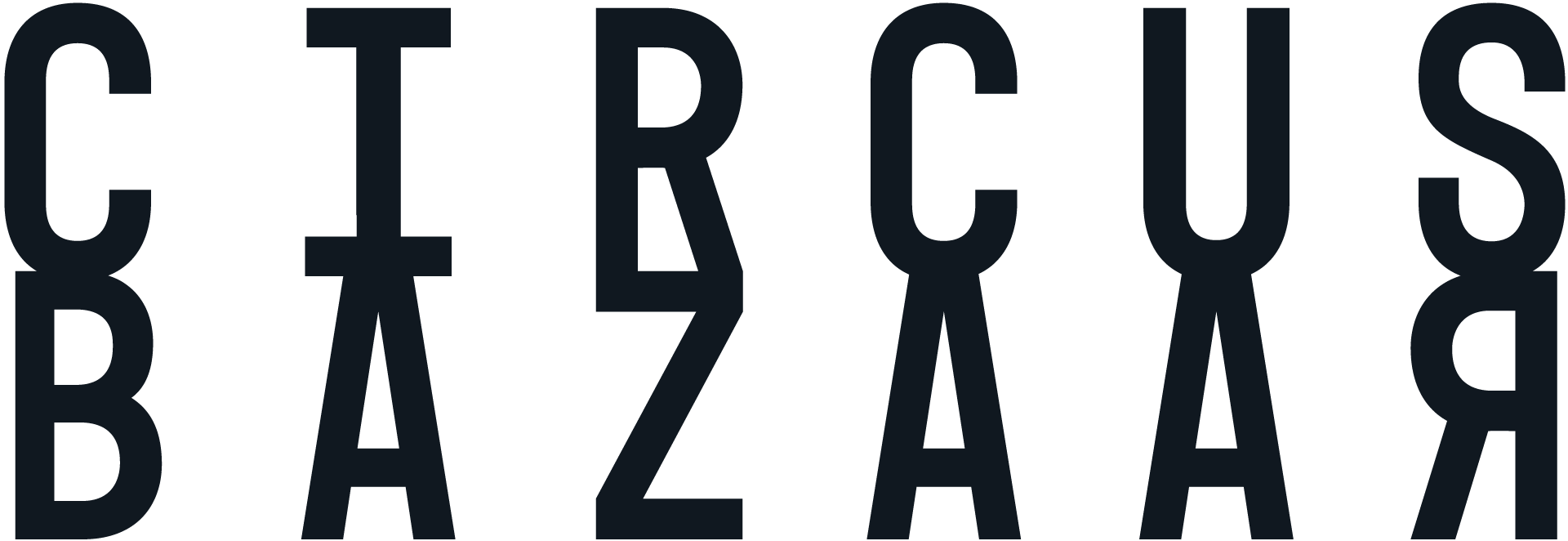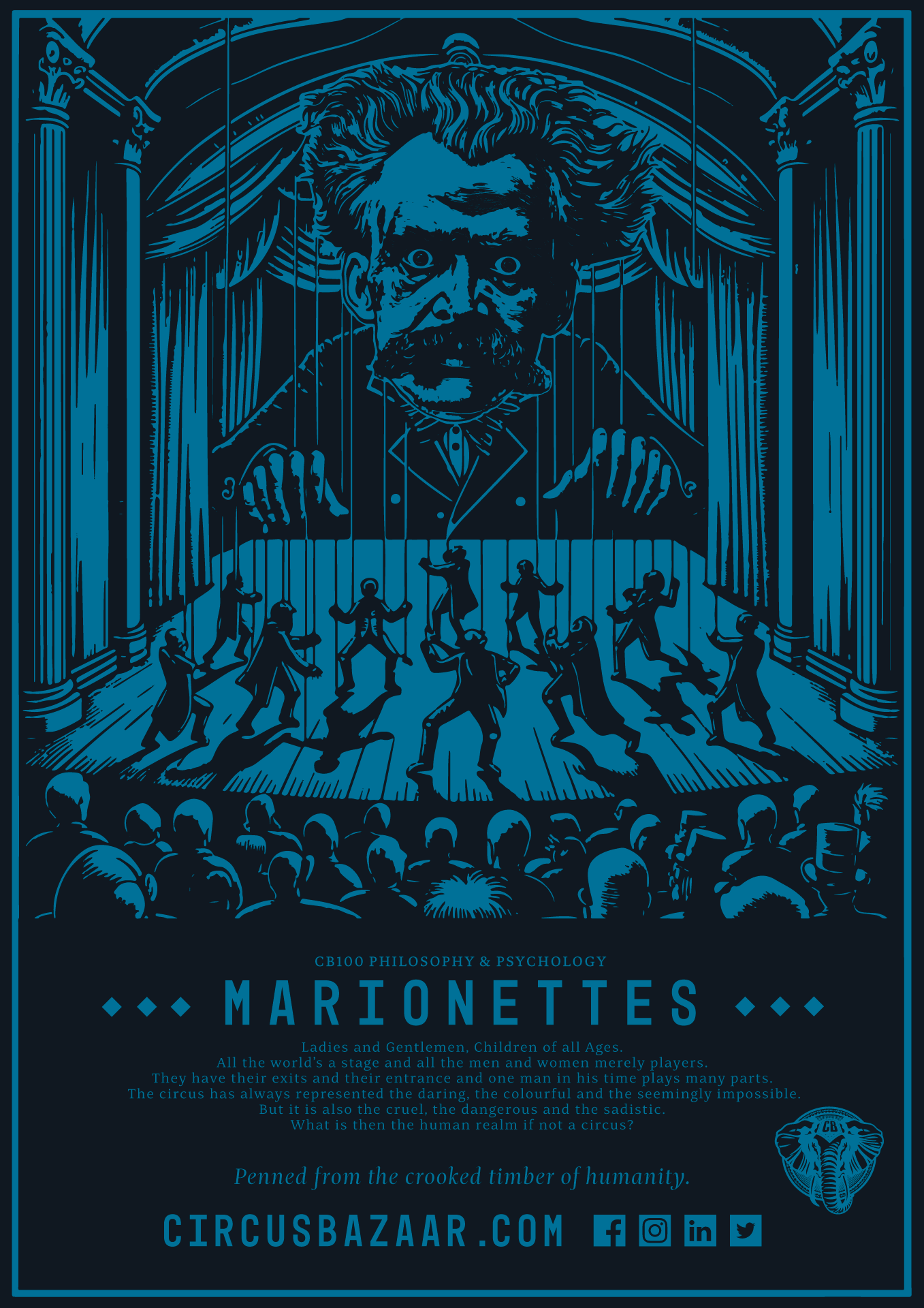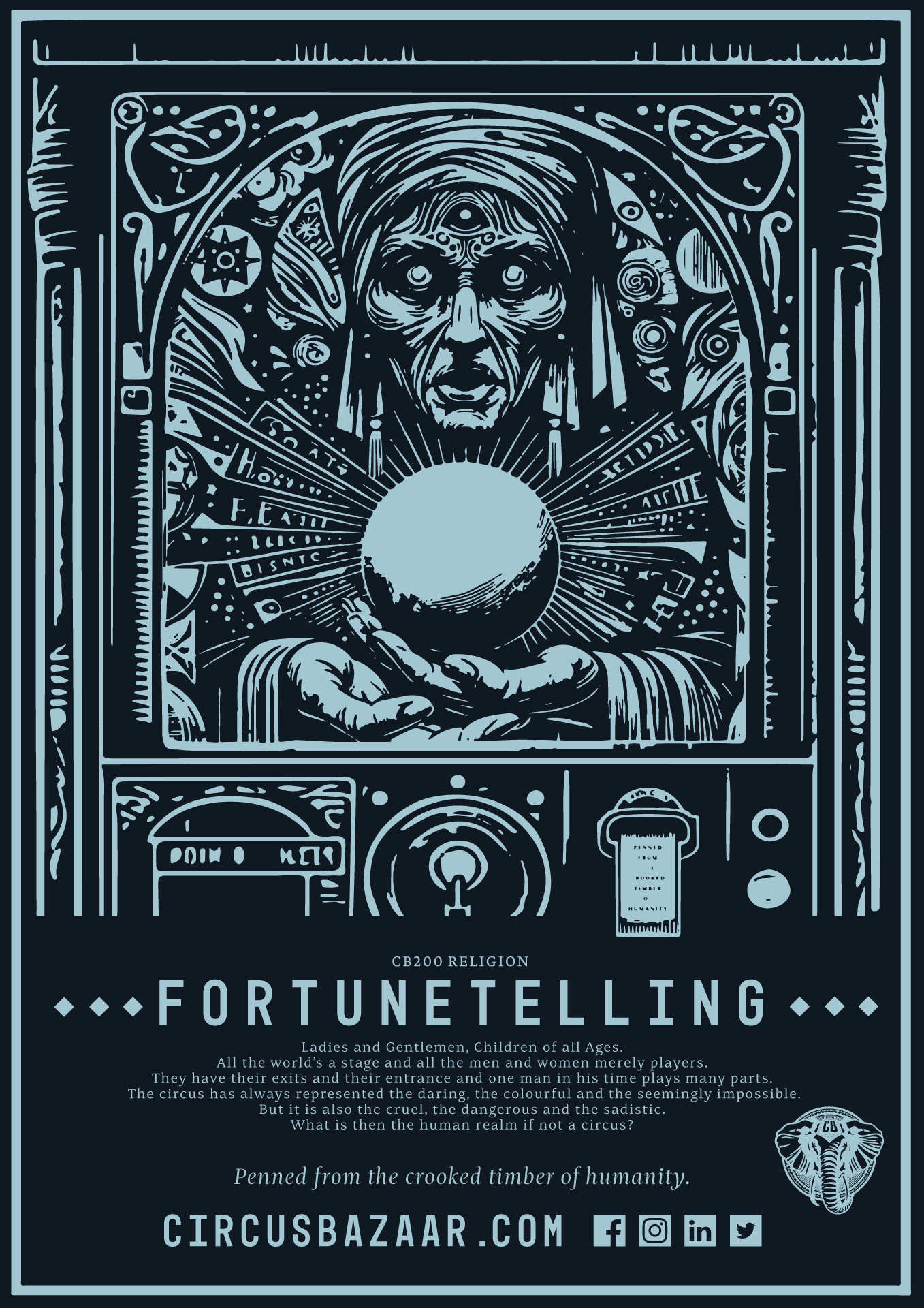United States: As the circus formally moves into the White House, the Women’s March protests fill the streets, and Trump stands in front of the CIA’s Memorial Wall to argue about crowd sizes and fake news, one could be forgiven for thinking something just has to give. There’s not enough elasticity in any system to endure this level of dissonance. The sense of distrust is bordering on hysteria. Are Trump and his team gaslighting the nation? More than just plain old lying, gaslighting involves the perpetrator actively trying to make their victim question their own grip on reality, their own recollection of memories, their own internal narrative of the world. Truth is merely an instrument, and trust is a tool to be abused. Gaslighting is thus a powerful form of abuse, because trusting each other is what we humans do. Contrary to some accounts, trust is not a rational transaction. It presupposes being socially human.
But trust has always been the problem. In international relations, for example, its scarcity is the central conundrum. Perhaps the Trump phenomenon is merely forcing this structural weakness to its inevitable breaking point. We have been on this trajectory for some time. Trump’s supporters ordered a demolition job, and that is what we are getting. The subsequent building phase was always an afterthought. Three threads stand out as worthy of attention beneath this massive distraction as the building question is confronted. All can be considered in terms of supply and demand. On the demand side is, as above, the all-pervading sense of information insecurity, of which cyber security is merely a subset, which has been increasing since the beginning of the Trump candidature, and reaching its zenith with the spat over Russian hacks. A post-truth era or not, something fundamental has been happening with our relationships to information in the digital era. On the supply side is Trump’s pledge for wholesale, economy stimulating deregulation. These two threads provide a fertile environment for the emergence of the third: blockchain technology. As with any revolution, timing is everything.
Blockchain is not merely a technological fix to the myriad of problems associated with data integrity and information assurance in the digital age, though it is certainly that. Its applications will proliferate beyond supporting the crypto-currency Bitcoin, in many ways blockchain’s proof-of-concept, to almost anything in which a third-party verifier embodies the trust required for any transaction or process to take place (banks, governments, institutions). In other words, blockchain technology enables self-verifying contracts. The demand for trust between actors that normally creates the role for an authoritative third-party will simply be written out of the script. Trust is thus not strengthened nor quantified by blockchains. Trust is in fact made redundant. To place this in the bigger picture, the practical purpose of the State’s historical monopoly on the legitimate use of organised violence, its defining feature, is to enforce contracts between human beings. The Libertarians said it was so. When blockchains become mainstream, the State will likely continue its devolution into a de facto facilitator/broker between power and interests. Not that any of this will be linear or smooth.
Blockchain technology is already here, and market confidence is rising. Consider the confluence of factors. DARPA last year employed computer security company Galois to investigate the Estonian company Guardtime’sblockchain products and services with a view to the Pentagon’s engagement. Their work will likely conclude this year. Lockheed Martin and Ericsson are among a host of other major industry players involved. The Fintech industry has been courting this for longer. As these major actors employ the technology, others will follow for whom hesitancy regarding the technology has been a matter of confidence rather than a lack of demand. Who in the digital information age does not covert greater information security? Investment in this space is predicted to reach US$108 billion by 2019. Questions remain to be answered, but the forces of supply and demand at this point seem inexorable. A bipartisan Blockchain Caucus was formed last year in the US Congress that includes Trump’s pick for Director of Office of Management and Budget, a long time blockchain advocate, Rep. Mick Mulvaney.
The plummeting of institutional trust in the United States and elsewhere, of which the Trump Presidency and Brexit are both manifestation and driver, may not be anomalies over which some historical equilibrium will prevail. They could be pivotal, non-ergodic changes that exacerbate demand into which technology driven solutions will inevitably accrue. We may look back on blockchain in much the same way we see the pre-smart phone world. With tongue in cheek we question how we ever did without it. Trust in both formal and informal institutions has been driven to unplumbed depths, while at the same time information security is afflicted by both rational and perceptual threats. Blockchain’s promise is immutable data self-verification applicable across sectors. Trump’s gaslighting is driving our reactionary tendencies, which is usually not a great thing. Libertarians and de-centralizers should keep the champagne on ice. Blockchain may promise to erase trust from the script of some organised human interactions, but not for others. It will not be without cost, and we may see a deepening divide between the data-secure and the data-insecure. Power is immutable and will accrue elsewhere.

























